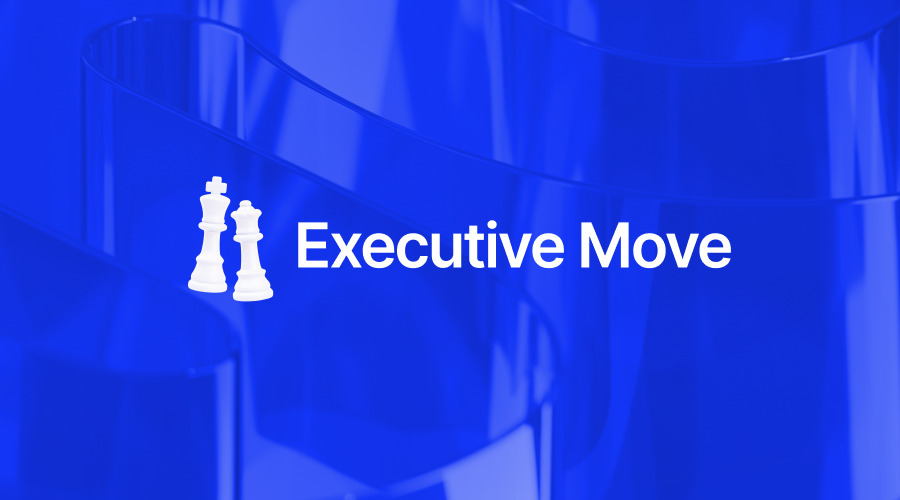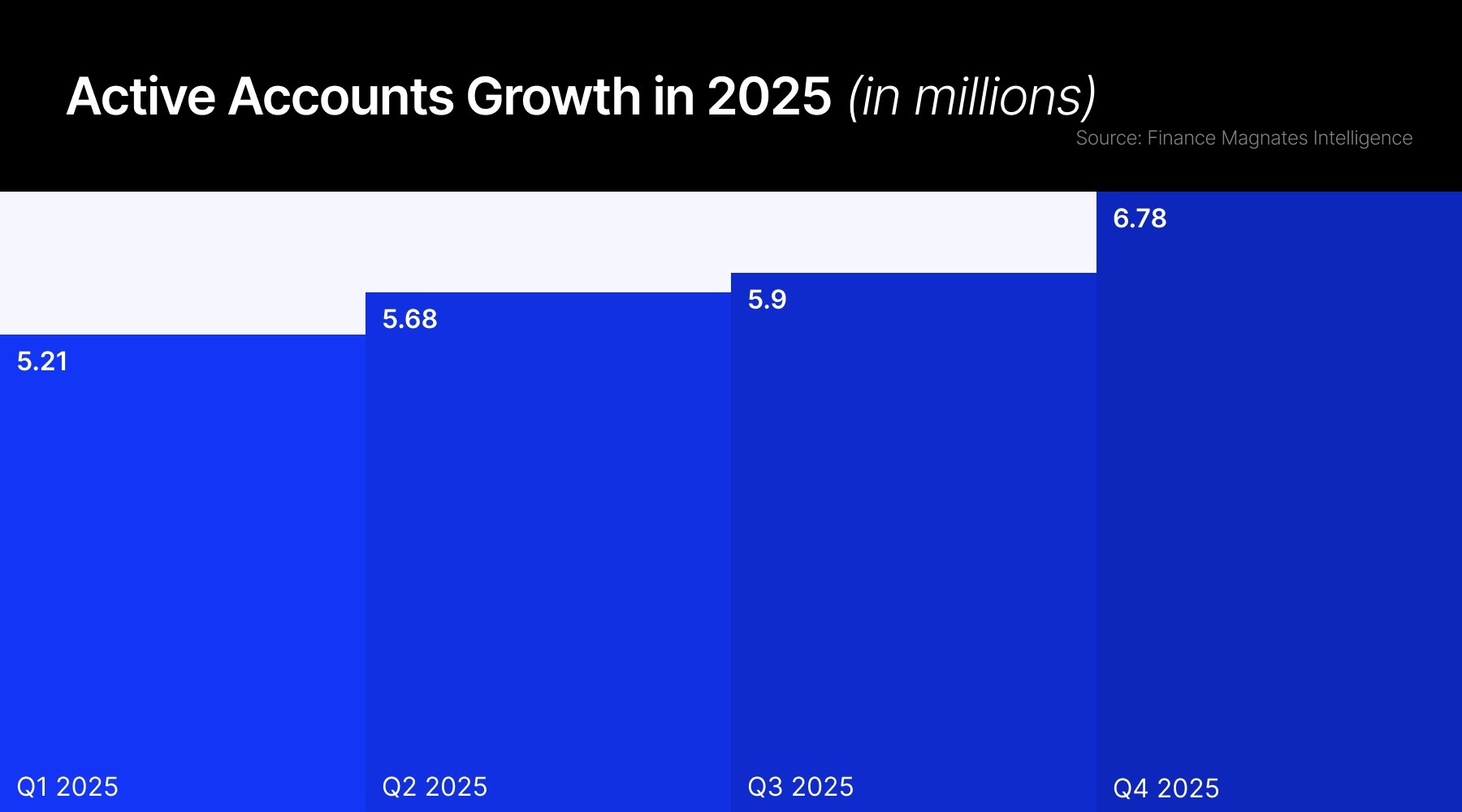Elon Musk, once a key supporter of OpenAI, is reportedly seeking to block the company from transitioning to a fully profit-driven entity. The legal tussle involves antitrust laws, competitive fairness, and the future of artificial intelligence.
Musk’s legal team has now filed a preliminary injunction to halt OpenAI’s transition into a fully for-profit public benefit corporation, CNBC reported.
Musk’s Objections
Musk argued that OpenAI and its close ally, Microsoft, are stifling competition by imposing restrictive terms on investors, effectively blocking rivals like Musk’s xAI from accessing important funding.
Musk’s concerns are based on OpenAI’s origin. Founded in 2015 as a nonprofit to advance AI responsibly, the company transitioned in 2019 to a capped-profit model, balancing investor returns with its mission.
Now, its shift to a fully for-profit model has sparked debates about whether OpenAI can still uphold its founding ideals. Musk’s lawsuit also accuses OpenAI and Microsoft of violating antitrust laws by allegedly requiring investors to avoid funding competitors.
His legal team claims this amounts to a boycott that unfairly limits competition in the AI sector. This latest filing builds on previous accusations, including claims of unfair coordination between Microsoft and OpenAI through overlapping board relationships.
Microsoft, a significant OpenAI backer with a $14 billion investment, has remained silent about the allegations. Meanwhile, OpenAI dismissed Musk’s claims as baseless, accusing him of recycling unfounded complaints.
Accusations of Antitrust Violations
The legal feud occurs as the AI market is projected to surpass $1 trillion in revenue within the next decade. Startups like Anthropic and tech giants such as Google are racing to claim their share of the generative AI boom. The Federal Trade Commission has already launched inquiries into partnerships between AI developers and cloud service providers, including OpenAI, Microsoft, and others.
Musk’s lawsuit signals a broader challenge to the growing influence of AI’s dominant players. His startup, xAI, launched in July 2023, aims to compete directly with OpenAI and features products like the Grok chatbot. Meanwhile, Musk recently warned that the US could face bankruptcy “super-fast” and proposed a controversial solution inspired by Dogecoin, the meme-based cryptocurrency.
The current world’s richest man also supports the contentious idea that US presidents should influence the Federal Reserve’s policymaking. This proposal followed President-elect Donald Trump’s hint at a potential change in the autonomy of the Fed.


















